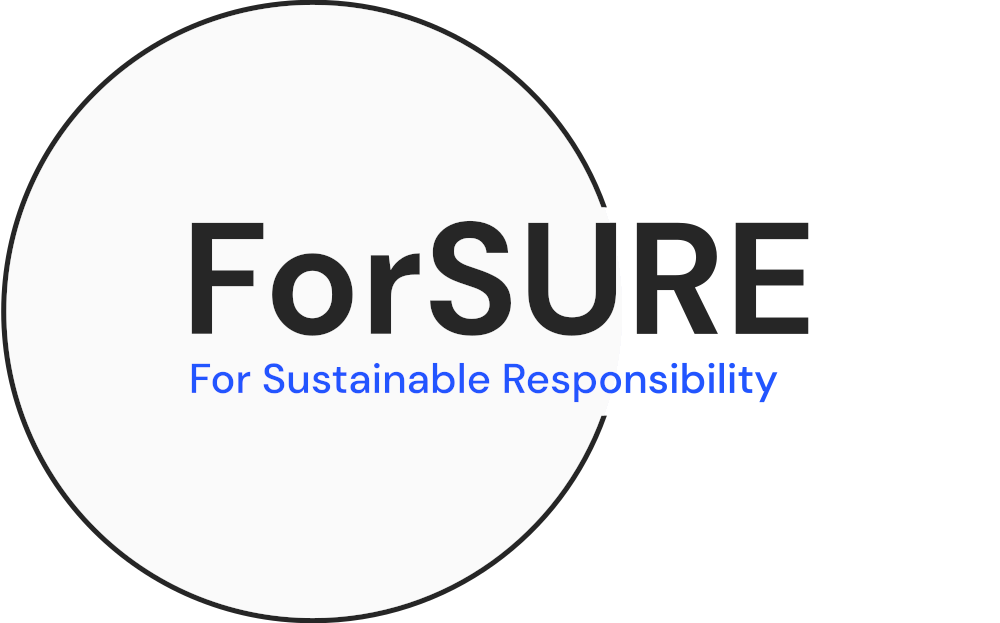In today's dynamic market, EPR packaging plays a transformative role. It's not merely about safeguarding a product; it's a tactile introduction to a brand, a tangible representation of a company's values, and, increasingly, a reflection of its commitment to environmental sustainability. As packaging reporting trends indicate, consumer awareness is growing. Packaging has evolved from a mere functional necessity to a powerful statement of intent, backed by robust packaging waste management strategies.
Packaging: Waste & Impact
Imagine the countless products we consume daily. Now, visualize the packaging that encases them. The magnitude of packaging waste generated annually is staggering. With the rise of EPR packaging, non-biodegradable materials, especially plastics, are being addressed more proactively. These materials previously found their way into our oceans, forests, and urban landscapes, disrupting ecosystems.
Packaging waste management initiatives are now curbing this trend, reducing the environmental challenges posed. Beyond waste, the production of these packaging materials consumes vast resources. Water, minerals, and energy are expended, leaving behind a significant environmental footprint. Packaging reporting has highlighted how the processes involved in packaging production contribute to global carbon emissions, amplifying the greenhouse effect.
Eco-Packaging Essentials
The global call for sustainable packaging solutions, backed by effective packaging waste management, is not just a trend; it's a necessity. EPR packaging is leading this revolution, emphasizing the adoption of materials that are biodegradable, compostable, or recyclable. Modern design philosophies, often highlighted in packaging reporting, emphasize minimalism.
These philosophies ensure that aesthetics and functionality are not compromised. By using less material and ensuring that what's used is recyclable or reusable, brands can make a profound impact. Additionally, a holistic perspective is essential. This means considering the entire lifecycle of packaging, from the sourcing of raw materials to production, consumption, and eventual disposal or recycling.
Sustainably Synced: The Profound Bridge between Demand and Duty
EPR Packaging: Challenges & Solutions
Transitioning to sustainable packaging, especially under EPR packaging guidelines, is a journey filled with challenges. packaging reporting has shown that while many might perceive sustainable solutions as more expensive, a deeper dive reveals a different story. Effective packaging waste management can lead to long-term savings, especially when considering the broader environmental and societal benefits.
However, as packaging regulations diversify and evolve across the globe, brands face the challenge of staying updated and compliant. This is where innovative tools like ForSURE become invaluable. Offering specialized solutions to navigate the intricate landscape of packaging regulations, ForSURE ensures brands remain compliant while championing sustainability. Furthermore, as brands tread this path, they have the opportunity and responsibility to educate consumers, fostering a community that values and practices sustainability.
Future of Packaging:
A Vision of Harmony
Peering into the future, we envision a world where packaging seamlessly blends technology and nature. A realm where materials are not just consumed and discarded, but are part of a vibrant circular economy, continually finding new purpose. This future is not just a dream; it's a tangible goal. With industries, regulators, and consumers collaborating, we can craft a sustainable tomorrow where packaging is not just functional but also responsible and visionary.




